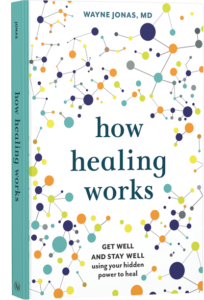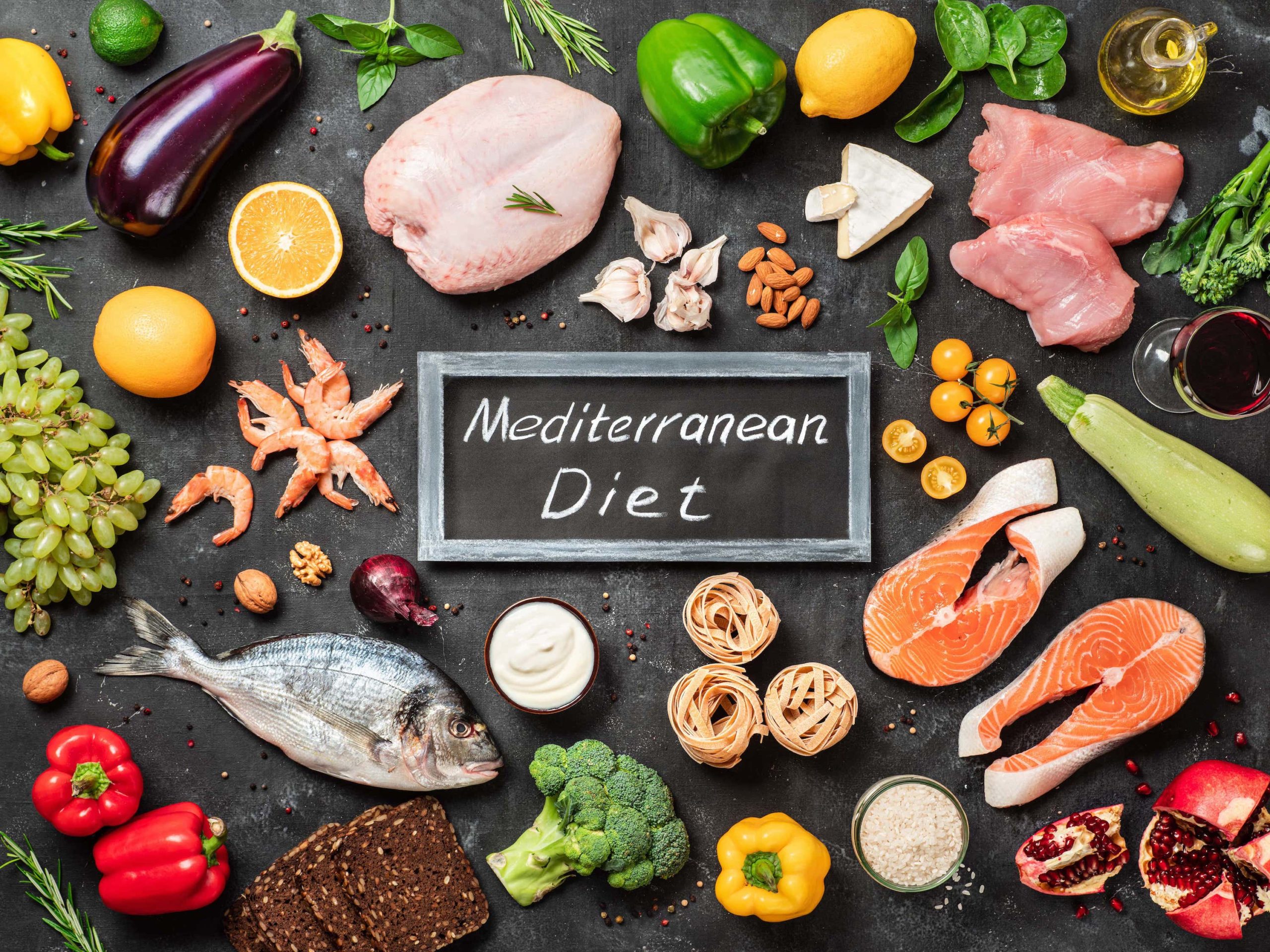It’s official. The US News and World Report have, yet again, ranked the Mediterranean diet as #1–not only for “best overall diet” for 2020 but in several subcategories including “best diet for healthy eating”, “best plant-based diet”, “best diabetes diet” and “easiest diet to follow.”
In rounding out our theme of successful aging for women this month, we felt it was time to showcase the diet that, when properly adopted and implemented, can contribute to a longer, healthier life.
The Mediterranean diet is a set of guidelines shaped and inspired by the traditional eating patterns of regions surrounding the Mediterranean, including Southern Italy and Crete. It is important to recognize that there is no official “Mediterranean diet plan” like there is for programs like the Atkins or South Beach diet. Rather, it encourages the consumption of lean proteins in small portions, fruits and vegetables, legumes, whole grains and healthy fats (specifically those high in monounsaturated fats and polyunsaturated omega-3 rich fatty acids). The most commonly used visual guide is the Oldways Mediterranean Diet Pyramid.
Major components of the Mediterranean diet include:
- Making plant-based foods (legumes, vegetables, fruits, grains, and nuts) the foundation of every meal.
- Cooking with healthy fats such as olive oil.
- Limiting red meat.
- Eating fish/seafood twice a week.
- Eating no more than three servings a day of dairy products.
- Using spices and herbs rather than heavily salting your food to increase flavor.
- Drinking a limited amount of wine (see precautions later).
- Embracing physical activities (such as walking instead of driving when possible) and social activities (such as enjoying meals with others).
In the last 20 years, more literature is being published exploring and confirming the positive impact the Mediterranean diet has on treating and decreasing the symptoms of several mental and physical health conditions.
Again, keeping in mind this month’s initiative to promote healthy aging in women, and before we discuss how best to start this diet, here are the specific benefits of the diet that support our overall well-being and greatly contribute to successful aging.
Cognitive Function and Dementia
Being able to maintain memory and cognitive function is essential to healthy aging. It allows you the freedom to remain present and engaged in relationships and activities, both of which are key to happiness in your later years.
A systematic review of 12 studies found that participants who strictly followed the Mediterranean diet had better cognitive function, lower rates of declining cognitive functioning, and a reduced rate of Alzheimer’s disease. There was a relationship between the level that the participants followed the diet and the impact it had on cognitive function.
Depression and Type 2 Diabetes
As evidence-based integrative approaches have shown us, depression doesn’t have to debilitate your life. In fact, by treating symptoms with a proper diet and exercise, women can advance into their 60s with excellent mental health even if suffering from Type 2 diabetes.
Patients with diabetes and depression who participated in a Mediterranean diet with an increased intake of nuts experienced a significant decrease in depressive symptoms in comparison to those who were assigned to participate in a low-fat diet.
Osteoarthritis and Quality of Life
Being able to remain engaged in physical activities is another foundational aspect to aging well, and we can’t be in proper physical health without achieving proper bone health. By limiting the effects of osteoarthritis (which is typically diagnosed alongside osteoporosis) women can keep themselves active and able to exercise freely.
A study looking at the diets of 4,470 adults found that higher adherence to a Mediterranean diet was associated with increased quality of life and decreased pain levels, disability, and depressive symptoms.

Getting Started
Adjusting to New Foods
When beginning a new diet, you may experience some discomfort since you will be adjusting to new foods and decreasing your intake of others. It is possible to experience light-headedness, bloating, gas and an upset stomach. Please make sure you alert your care provider of any prolonged discomfort you are experiencing related to dietary changes.
Additionally, the Mediterranean diet does allow for the consumption of a moderate amount of wine. That amount is one drink for women and two for men per day. But such an allowance would not apply to anyone with a condition that may be exacerbated or worsened by consuming alcohol, which would include people with liver disease, pregnant women and anyone with a history of alcoholism.
Healthy individuals can start a Mediterranean diet on their own. Several good guides are available for doing this including:
Seeking Out a Nutritionist
If you are interested in beginning the Mediterranean diet, you may want to seek the help of a nutritional counselor. Nutritional counselors tend to be either registered dietitians or certified nutritionists. Check to see if the nutritionist is licensed or certified to practice. The primary organization of qualified nutrition professionals is the Academy of Nutrition and Dietetics. Their website can help you find an expert with a search by ZIP Code.
Look for a registered dietitian or registered dietitian nutritionist (RDN), disciplines that typically require a four-year bachelor’s degree and 900 to 1,200 hours in a dietetic internship through an accredited program, as well as passing a dietetics registration exam and continuing professional education requirements. Some RDNs are certified in a specialized area, including pediatric nutrition, sports dietetics, nutrition support or diabetes education.
Get the Medical Support Your Need
Will your insurance company cover the cost of seeing a nutritional counselor? Well, most commercial and government insurances, including Medicare and Medicaid, cover medical nutrition therapy (MNT) for certain conditions including diabetes and obesity. Obesity screening and counseling is covered if it is received in a primary care setting. Medicare recipients in rural areas may receive MNT through telehealth.
Whether you seek out a nutritionist or try the Mediterranean diet on your own, it is always important to inform your primary care provider of any major dietary changes or weight loss or gain, as adjustments in medications or other therapies may be needed.
Learn more in the Mediterranean Diet pocket guide. And for more information on aging, see the full Successful Aging pocket guide here.

Your Health Into Your Own Hands
Drawing on 40 years of research and patient care, Dr. Wayne Jonas explains how 80 percent of healing occurs organically and how to activate the healing process.

